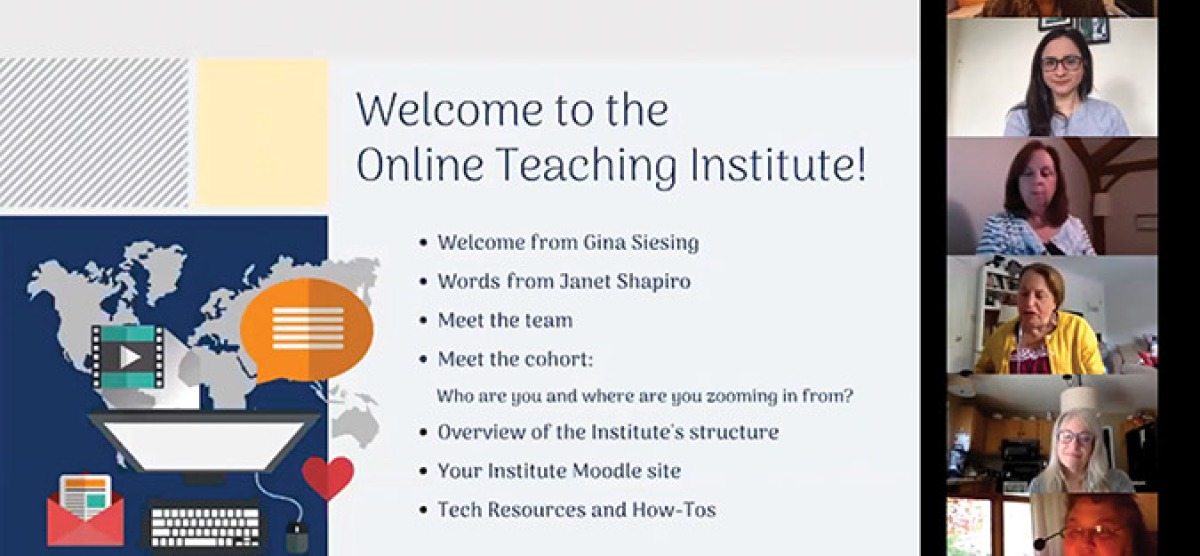
Teaching, Research, and COVID-19
The sudden pandemic response in March transformed the work of librarians and educational technology specialists.
In a matter of days, these colleagues stepped in to help faculty learn how to teach online courses, record instructional videos, and develop interactive online assignments. They were also busy helping students and faculty find online books and journals for their courses and research projects and helping them access software normally found only in computer labs. The libraries took advantage of the hundreds of thousands of e-books available through the Hathi Trust and the Internet Archive’s National Emergency Library and invested heavily in packages of e-books from academic publishers. These measures maintained academic continuity and allowed instructors and students to finish out the spring semester, although admittedly not as everyone would have liked.
With the crisis far from over, the summer months focused on preparing for a fall semester in which many students will attend remotely and many courses will be taught online, at least in part. To help faculty prepare for continued online teaching, Library and Information Technology Services (LITS) has been offering a series of Online Teaching Institutes, collaboratively developed by Gina Siesing, Maria Ocando Finol, Alex Pfundt, Christine Boyland, and Ellen Farr of LITS as well as Assistant Professor of Social Work Tamarah Moss.
The institutes provide faculty and academic support staff with an online, mostly asynchronous professional development opportunity that combines self-paced instructional modules, online community discussions, technology workshops, and one-on-one consultation with institute staff. Participants learn how to foster a community of inquiry in an online course, support student learning in a time of significant global and national crises, more efficiently manage student and instructor workloads, articulate learner-centered objectives for an online course, design effective online assessments aligned with those objectives, plan and create at least one online lesson plan in Moodle, and identify learning technology approaches that best fit their course’s learning objectives. More than 100 faculty and academic support staff participated in the four institutes.
Published on: 09/28/2020